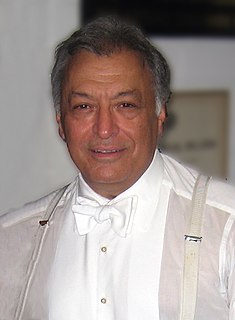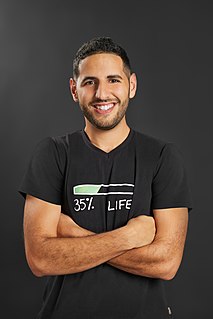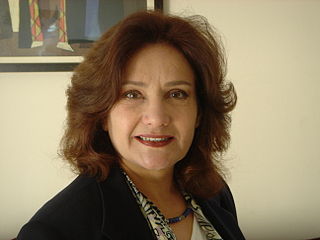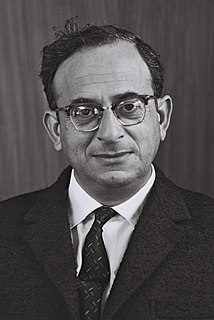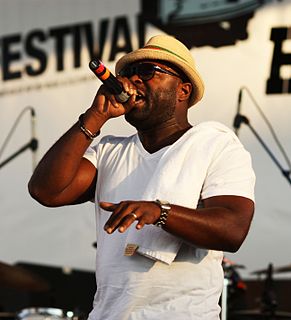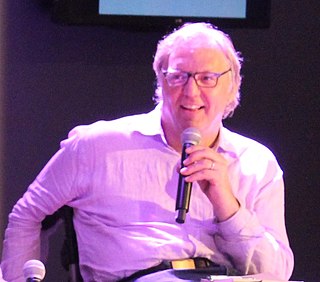A Quote by Zubin Mehta
Most Arab Israelis speak Hebrew, but not the other way around. It's about time that changed.
Related Quotes
Saudi Arabia is the most fragile of all Arab states, though we're not saying so. And, unfortunately, bin Laden puts his finger on the other longstanding injustices in the Arab world: the continued occupation of Palestinian land by the Israelis; the enormous, constant Arab anger with the tens of thousands of Iraqi children who are dying under sanctions; the feelings of humiliation of millions of Arabs living under petty dictators, almost all of whom are propped up by the West.
Arab Israelis don't have the same voice as Jewish Israelis. If you look at the numbers, we are not equal. There are many reasons for this, some have to do with the fact that we are a bit primitive in the way we do certain things, others have to do with the government not giving us the same opportunities as Jews.
It was tricky [to write about Israelis], because everyone has an opinion about the Arab - Israeli conflict, and when I first started writing these stories, I was working for an Arab - Israeli human rights group. It was during the Second Intifada. It was this totally violent and intense time, and I think there's a part of me where I don't know how to write about that situation without getting my politics out of my messages, and that's something that was important for me not to do in this book.
I see social media mainly just talked about as if it has just changed us technologically and in terms of data. I think it has changed absolutely everything. It has changed truth, it has changed culture. It has certainly changed the way that we relate to each other and in a very short amount of time.
I am familiar with what goes on in the Arab countries, and I'm sad to say that most of us want to annihilate Israel. We want to kill all the Israelis... Do you know what they used to say in the mosques in Egypt? "We want to go to the White House and turn it into the Islamic House..." We call upon the Arab countries to stop teaching hatred to the Arab children.
Unfortunately, Osama bin Laden puts his finger on the other longstanding injustices in the Arab world: the conying so. And, tinued occupation of Palestinian land by the Israelis; the enormous, constant Arab anger with the tens of thousands of Iraqi children who are dying under sanctions; the feelings of humiliation of millions of Arabs living under petty dictators, almost all of whom are propped up by the West.
In America access is always about architecture and never about human beings. Among Israelis and Palestinians, access was rarely about anything but people. While in the U.S. a wheelchair stands out as an explicitly separate experience from the mainstream, in the Israel and Arab worlds it is just another thing that can go wrong in a place where things go wrong all the time.
